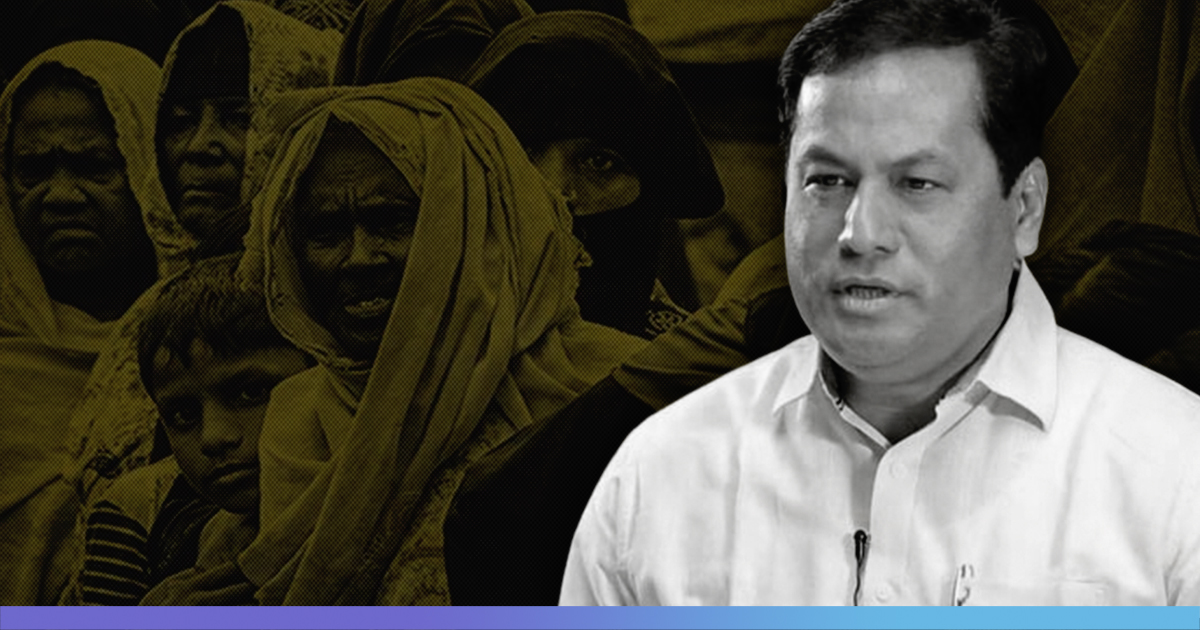Twenty-four people have died in the six detention camps of Assam in the last three years, and another one person had died in a camp in 2011, said Assam Parliamentary Affairs Minister Chandra Mohan Patowary. He was replying to the state assembly of Assam on behalf of Chief Minister Sarbananda Sonowal, on Tuesday, July 30.
The number of people dying increased yearly, form one person in 2011 to four in 2016, six in 2017 and seven deaths each in 2018 and 2019. The government has cited the reason for death as “due to illness”.
The people were lodged in detention centers after being declared as ‘illegal foreigners’ by Assam’s Foreigners’ Tribunals (FTs). Only 2 out of 25 people, that died in the detention centers, had mentioned Bangladesh as their address.
When asked why the bodies of people were not sent to Bangladesh, Patowary replied, “In case of such death, the nationality of the deceased is not taken into consideration. But when the family denies accepting the body, their last rites are performed as per norms meant for unclaimed bodies.”
Currently, there are 11,145 people in six detention centers in district jails of Tezpur, Dibrugarh, Jorhat, Silchar, Kokrajhar, and Goalpara. The foreigners’ tribunals had identified 1,17,164 illegal foreigners till March 31, 2019, and around 29,855 foreigners were expelled between 1985 and June 30, 2019, told the minister.
The Assam Accord
The Assam Accord is a Memorandum signed between representatives of the Government of India and the leaders of the Assam Movement in New Delhi on 15 August 1985. The Accord was signed after the six-year-long Assam Agitation or anti-foreigners movement led by the All Assam Students’ Union in 1985.
The people who have entered the Indian state since March 25, 1971, would be declared foreigners and deported, according to the Accord. Also, the accord stated that the voting rights of people who had entered the state between 1966 and 1971 would be taken away for 10 years.
The NRC process is being updated with respect to midnight of March 24, 1971, as the cut-off date. People failing to prove their citizenship will not be included in the updated NRC and will be declared “illegal migrants”.
Also Read: Assam: Govt Seeks Re-Verification Of 20% NRC Data, While Flood Victims Refuse To Leave Home In Fear Of Being Excluded












